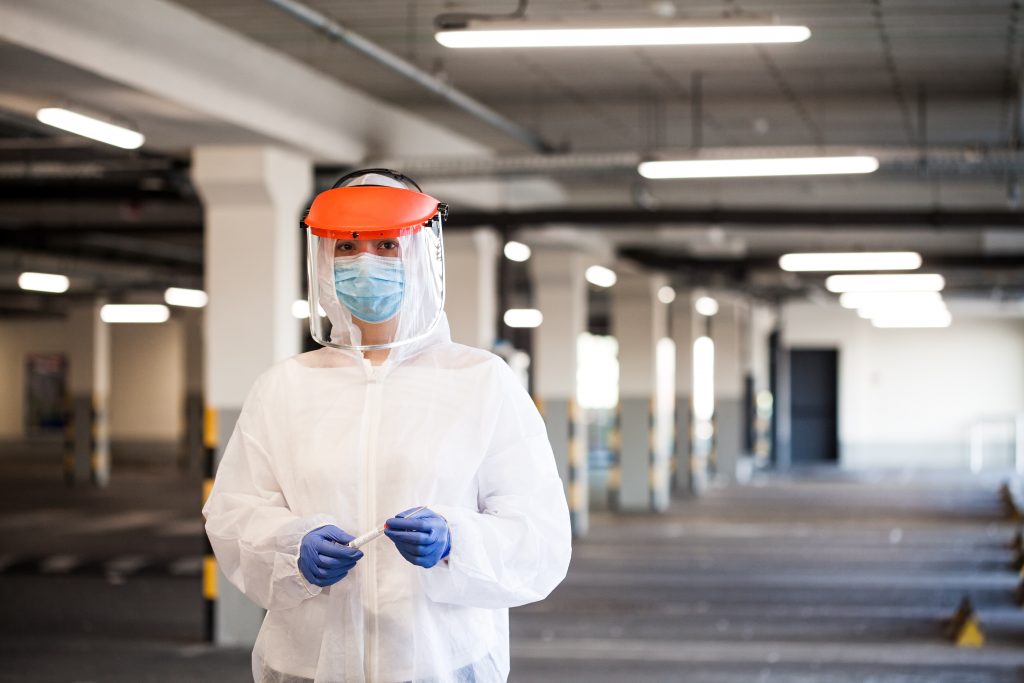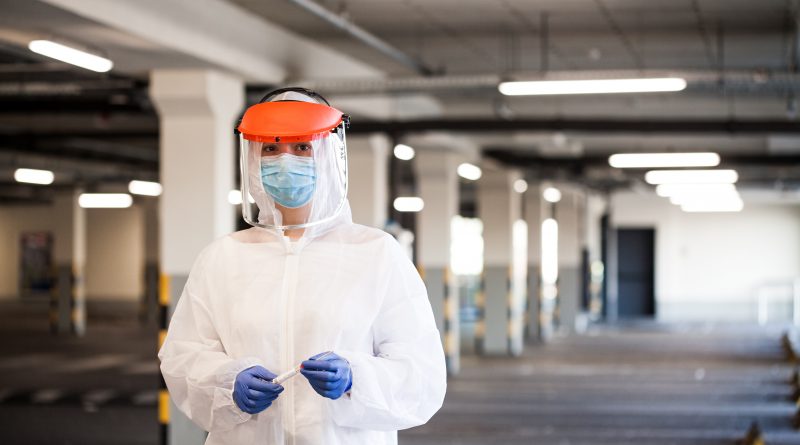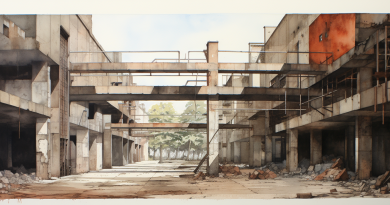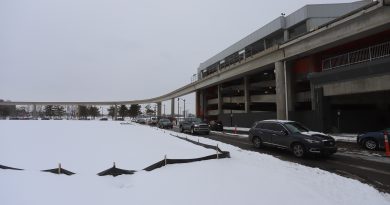The Real Cost Of A COVID Test? It Depends.
In a city whose government has aggressively and continually underfunded public transit, human services, and infrastructure, it can sometimes prove spectacular to consider the kinds of things for which the city can find funding. Freelance reporter Kayleigh Lickliter first reported last week that Detroit’s city council appeared to have approved an expenditure on COVID19 rapid tests to the tune of $888 per test. The city took a few days to set the record straight, pointing out that this was for a kit, not a single test, and that each kit contained 24 tests. But wait– isn’t the resulting $37 per test still more expensive than the ones you get at the drugstore? Yeah, but it turns out that the whole story is a bit more complicated.
“It Is What It Is”: With Omicron Rampant, Will Trump Country Notice?
Nationally, amid the ongoing, explosive spike in omicron cases, rapid tests have become a hot commodity, and perhaps the stocking stuffer of the year. At a typical price point of something like $23.99 for the Abbott Binax two-pack, some public health experts say this is even too expensive, whether as a matter of companies price gouging patients or more a question of whether the government should subsidize these tests. The rapid tests, which seem to work better on people who have a higher viral load, are not automatically reported to the centralized data tracking systems (although positive tests may self-report), so there are some questions about accuracy at both the epidemiological level and at the level of the individual’s actual health.
No Economies of Scale in Testing
Higher up in the echelon of fancier, more scientific testing– a.k.a. the now-ubiquitous polymerase chain reaction test, or PCR: It turns out that Congress, in its infinite wisdom, seems to have allowed certain parties to charge whatever prices they want for COVID testing. This explains why some vendors have been able to manage charging insurance plans as much as $380 for a PCR test. PCR is a fundamentally different process from the rapid tests, which test for an antigen, rather than essentially figuring out whether you have the actual DNA of the virus in question (PCR effectively “magnifies” the DNA to a size that it can be analyzed). Deadline Detroit reported that the Abbott tests ordered by the city of Detroit are indeed rapid PCR tests (I am able to get these done for $25-50 at cost to my direct primary care provider, but it still has an overnight turnaround).
Per billing records, Beaumont Urgent Care, for example, which is actually operated by a for-profit company based in Georgia, at least attempts to charge around $300 per PCR test, although they don’t end up actually getting paid more than half of that. Remember my $25-50 example? That’s a huge profit margin that they’re pulling in, even at $150. This is very common in the healthcare billing world. But suffice it to say, why this practice is allowed is extremely complicated.
You’d think there would be some economy of scale. But healthcare systems whose income statements have gotten hammered by having to reschedule elective surgeries in favor of emergency COVID care are resorting to basically any and all tactics to make as much money as possible. This is generally separate from the city of Detroit issue, but it’s worth a brief digression because of how it illustrates the complete lack of any economy of scale in the COVID testing realm.
In general, Detroit’s testing apparatus is frankly surprisingly well-developed for a city that is so completely dysfunctional. The drive-thru test site at the Cobo– no, TCF- no, Chemical- no, Huntington Center– even features state-of-the-art wireless communications technology to forecast traffic and relay data about traffic to the site managers to improve operations. But the flashy, shiny parts are few and far between, and, most generally, the city seems to routinely bungle procurement by way of bloated contracts. In spite of the reference to “rapid PCR,” it’s not entirely clear, given the lack of more direct evidence, whether the tests– bought from Abbott Rapid Dx North America, LLC, which sounds oddly similar to the Abbott of Abbott Binax two-pack test that you can pick up at Walgreens- are indeed actually different from the drugstore tests.
If we consider the hundreds of thousands of dollars required to operate the testing sites– let’s return again to the $25-50 for a lab PCR test at cost- the $33 per test is really not a great deal.

The Winners: Private Companies, Not Permanently Increased Capacity
Nor does the city’s COVID-19 data portal doesn’t really shed much light on the issue. It shows that $12.32 million has been paid to that vendor, the largest single recipient of funding by a huge margin. The portal– which doesn’t give more granular detail- also shows that taxpayers have forked over $4.2 million to another one of Dan Gilbert’s companies, Rock Connections, LLC, which seems to provide some sort of customer service (presumably related to COVID services). What’s another few million on top of the, ya know, billions they’ve received already? I guess when it’s federal money rather than that of local taxpayers, it might seem a little easier to allocate it to, ya know, whomever.
Twitter commenters were quick to point out that the city doesn’t seem to have any problem with journalists who “parrot its spin,” but will quickly lash out to correct the record on anything that is even mildly factually inaccurate, or contrary to the administration’s narrative. This appears to be a hallmark of the Duggan Administration, which is generally overtly hostile to critical media coverage.
In any case, these funds seem to be being paid out in lump sums to large, private vendors (with the notable exception of Detroit Employment Solutions Corporation), rather than focused on building any meaningful or permanent increase in capacity.




